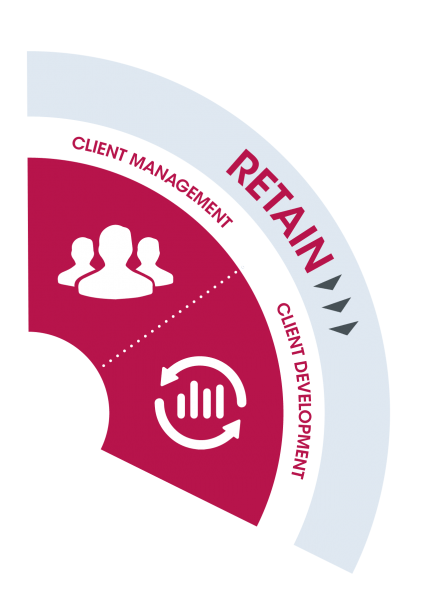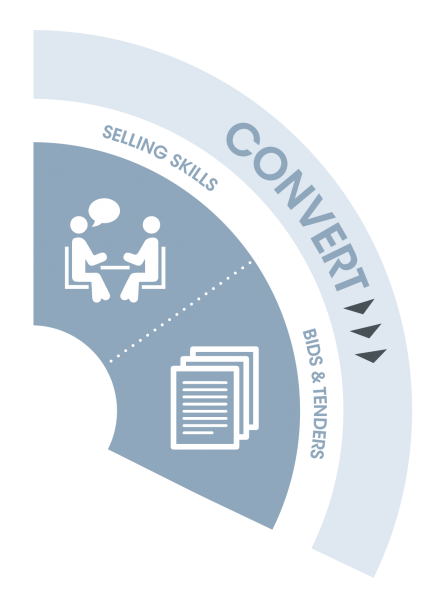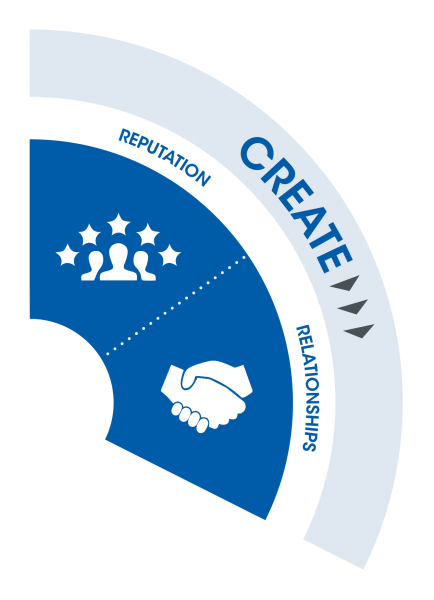Why a change of mindset matters
As technical experts, you are highly valued for your knowledge and the solutions you provide. However, clients are often looking (whether they articulate it to you or not) for more than just technical answers. They want someone who shows that they understand their broader business context, someone who can advise them not only on the “how” but on the “why” – and even the “what next”. Like the Theodore Roosevelt quote “People don’t care how much you know, until they know how much you care”. This rings true for most business owners and decision makes when choosing, and staying loyal to, a professional adviser.
Key steps in shifting your mindset
Here are a few strategies that can help you start thinking, and acting, more like a trusted adviser:
1. Understand their business (not just the project or matter in hand)
One of the biggest differences between a technical expert and a trusted adviser is how well they understand their clients’ overall business. This means going beyond the immediate project at hand and digging into what drives your clients’ decisions. What are their business goals? What challenges are they facing in their industry? By understanding this bigger picture, you can offer solutions that are more aligned with their long-term needs.
2. Ask questions to offer insights
It’s easy to focus on technical details during conversations with clients, but trusted advisers dig deeper. Asking the right questions allows you to uncover the broader context and business drivers that clients may not always reveal on the surface. What business outcomes are they hoping to achieve? What risks are they worried about? Where do they see growth opportunities? By asking insightful questions, you can go beyond providing raw data and offer meaningful insights. This approach shows that you’re not just knowledgeable – you’re engaged and that you care.
3. Warmth vs competence
As technical experts, we often place a heavy emphasis on competence – the ability to deliver high-quality solutions and be seen as knowledgeable and skilled. While competence is essential, its rarely enough on its own to build long-lasting relationships. Clients need to feel a sense of warmth – trust, approachability, and genuine interest in their success.
Research shows that people assess others based on two key traits: competence and warmth. Clients want to work with professionals who are not only highly skilled but also relatable and empathetic. Building rapport through warmth – active listening, empathy, and curiosity helps clients feel comfortable sharing their real challenges and goals, creating deeper, long-term relationships.
4. Build long-term relationships (not just a series of transactions)
One of the hallmarks of a trusted adviser is the long-term, consultative relationship they build with their clients. This means thinking beyond the current project. Stay engaged with clients even when there’s no immediate work on the table. Share relevant insights (point 3), offer to brainstorm future opportunities, and always be available to help. This approach builds trust over time and ensures you’re front of mind when the next project arises.
5. Show empathy and curiosity
It’s crucial to show genuine interest in your client’s challenges, not just from a technical standpoint but from a human perspective. Empathy is at the heart of being a trusted adviser. When clients feel like you truly understand and care about their concerns, they are more likely to trust your advice and come back to you for future needs.
Putting it all together
Making this mindset shift won’t happen overnight. It’s a process that requires consistent effort and a genuine desire to better understand and serve your clients. But once you start thinking of yourself as a trusted adviser, not just a technical expert, you’ll begin to see more opportunities for growth, not only for your firm but for your career as well.
In the next edition of Work Winning Ways, we’ll explore client understanding and how to get inside the mind of your client, uncover their real needs, and offer solutions that go beyond the obvious.
Until then, remember that BD is less about closing deals and more about opening doors to long-term relationships. By shifting your mindset and positioning yourself as a trusted adviser, you’ll find those doors begin to open more frequently.
Thanks for reading.

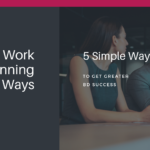

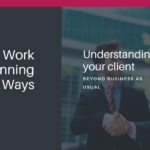
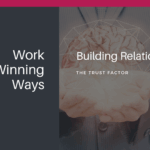
 We are a business development consultancy which is passionate about helping our clients develop processes, skills and behaviours that will result in increased sales and improved margins.
We are a business development consultancy which is passionate about helping our clients develop processes, skills and behaviours that will result in increased sales and improved margins. 